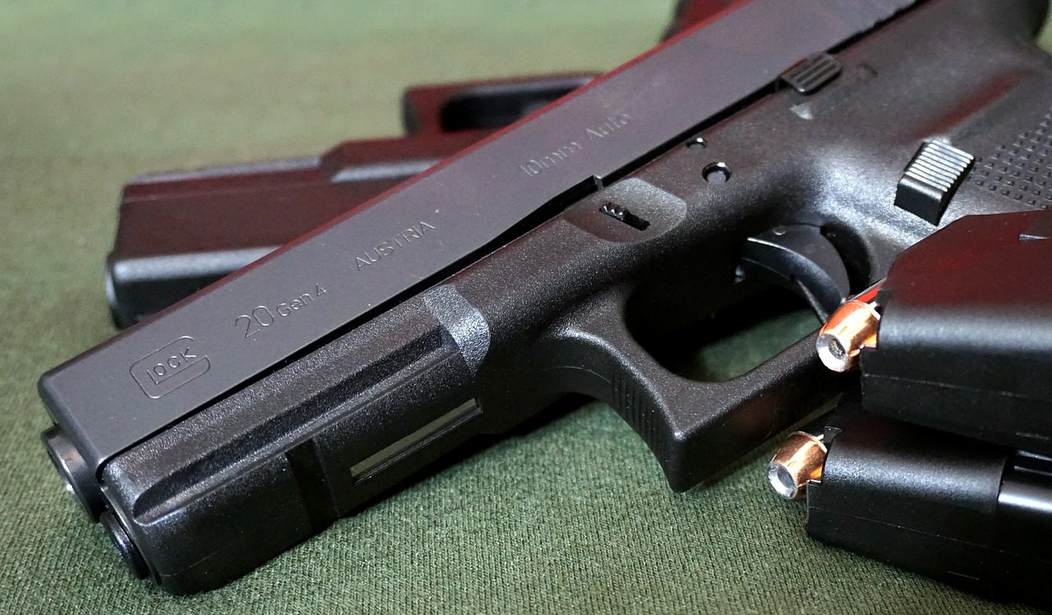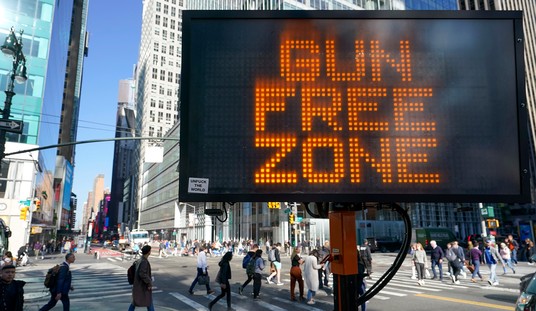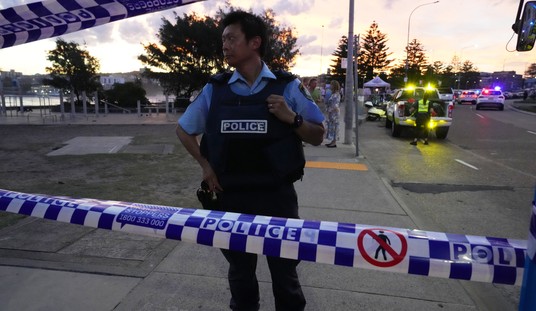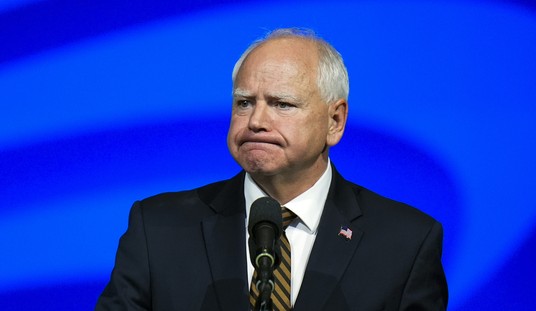Normally, in the wake of a mass shooting, a lot of the things I planned to write about kind of go out the window. After all, when you’ve got a breaking news story, you kind of focus on the breaking news. What bills were introduced in North Dakota can wait.
Yet I had one story I planned on writing today that actually became a lot more important.
As we deal with the aftermath of the horrible events in Uvalde, Texas, there are those who are claiming that we need certain gun control policies to stop these mass shootings.
Jacob Sullum wrote, though, that most of those policies being considered aren’t really suited for that task.
That is the basic problem with “assault weapon” bans: They define the category based on functionally unimportant features, leaving mass shooters with plenty of equally lethal alternatives, including the handguns they overwhelmingly prefer. While Cuomo thinks a federal ban could be effective if it also covered “large capacity” magazines, which come standard with many guns, millions of such magazines would remain in circulation.
The Buffalo shooter passed a background check when he bought his rifle because he did not have a disqualifying criminal or psychiatric record, which is typically true of mass shooters. According to a recent National Institute of Justice report on public mass shootings from 1966 through 2019, just 13% of the perpetrators obtained weapons through illegal transactions.
Even theoretically, a federal law requiring background checks for private gun transfers, as New York already does, would not pose an obstacle for the vast majority of mass shooters. And in a country where civilians own more than 400 million firearms, a would-be killer with a disqualifying record would not have much trouble finding a source willing to flout that rule, as gun owners routinely do in states that notionally require “universal background checks.”
On the face of it, it seems more plausible that New York’s red flag law could have stopped the Buffalo shooter if only it had been properly applied. After all, he was reported to state police as a high school senior last June because he mentioned murder in a written response to a question about his post-graduation plans.
The shooter successfully passed that off as a sick joke, and it may yet turn out that a more thorough investigation would have cast doubt on that explanation. But even fellow students who had known him for years apparently did not view him as a threat.
Now, many want these same rules at the federal level and claim they will make a difference. However, Sullum is absolutely correct.
How many times have we had to point out that the killer in question passed his background check? Universal background checks can’t stop such shootings if the killers can and already do pass such checks.
Assault weapon bans have long been focused on largely cosmetic features and, frankly, are also largely useless as most mass shooters actually do prefer handguns.
And, as we see, red flag laws don’t necessarily work as advertised.
Now, in the wake of Uvalde, we’re going to see more of this rhetoric and more people pushing for precisely these policies. They’re going to want us to ignore the harsh reality that these policies simply don’t work and just accept their rhetoric as the gospel truth.
Not gonna happen, bub.
The truth of the matter is that if we want to stop these kinds of things, the answer isn’t in gun control. We need to look elsewhere. The problem here is that while we’re arguing about gun control, we’re not looking at any of the other possibilities that are out there.








